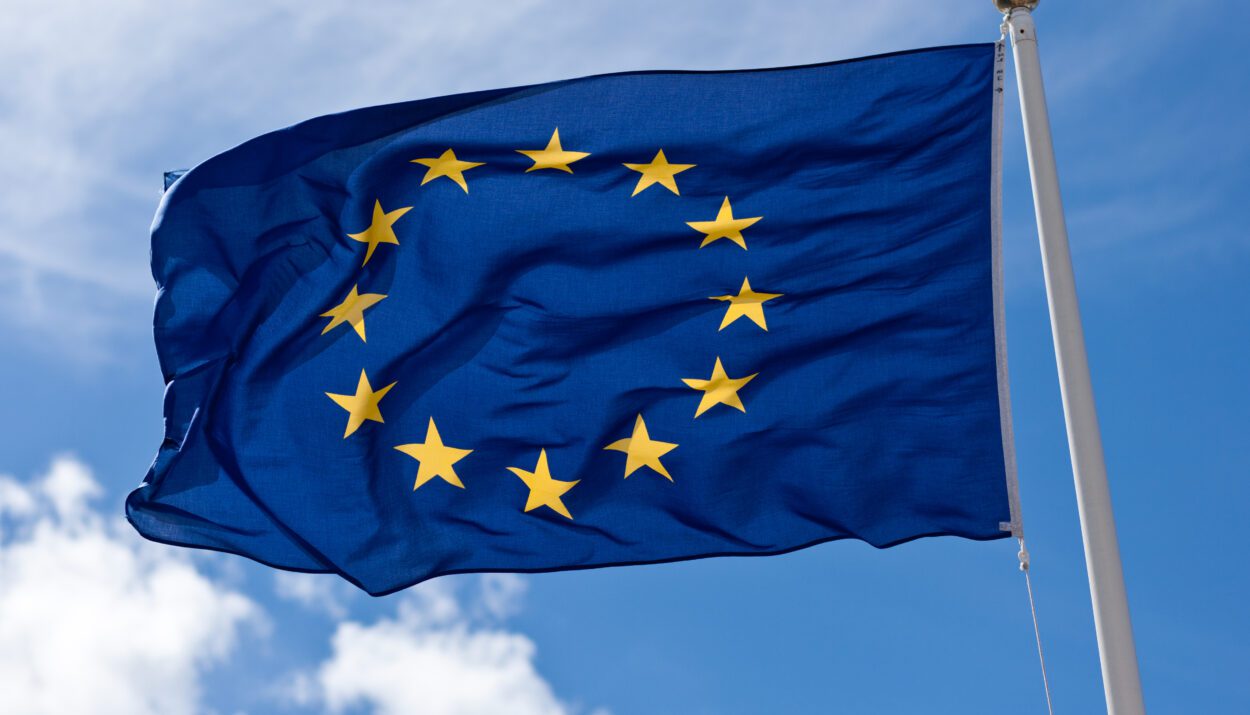European Union finance ministers have cautiously supported the idea of an EU industrial policy to address market failures and provide public goods where other solutions are inadequate.
Paschal Donohoe, the chairman of the ministers, emphasized the potential benefits of carefully designed industrial policies in situations where market failures exist or where pan-European public goods are needed.
The discussion comes as Europe seeks to compete with global players like China and the United States, which have strong national industrial policies. EU Economic Commissioner Paolo Gentiloni highlighted the necessity of a more proactive approach to industrial policy at the EU level to enhance competitiveness.
A European Commission paper noted that in 2019, France spent 0.6% of GDP on industrial support, Germany and the U.S. around 0.4%, and China 1.7%. The paper suggested that, due to limited EU funds, coordinating national policies and EU-level funding would be crucial for fostering industrial value chains across the Union.
Gentiloni indicated that future discussions on industrial policy would be managed by the next European Commission and European Parliament, with a focus on strengthening EU-level industrial competitiveness and funding post-2026.










